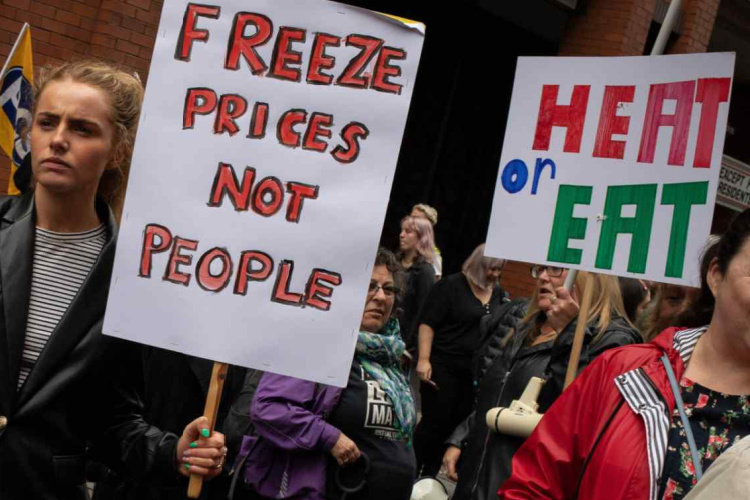How Europe’s Energy Crisis Affects The U.S.
We might like to think of Europe as ‘over there.’
We think that surely their problems – the war in Ukraine, the instability of Russian leadership, the energy problems, to name a few – aren’t really our problems.
Think again. Especially when it comes to how Europe’s energy woes can impact the United States.
During the past several months of the Ukrainian conflict, it has become clear that Russia’s invasion of Ukraine has impacted U.S. consumers. As the battle raged on, Russia made good on its threat to stop the flow of natural gas via the Nord Stream 1 pipeline, the largest natural gas conduit to Europe. Fears of the war’s downstream consequences for energy consumers in the U.S., as well as other parts of the world, were realized. It turns out that the consequences of Russia’s actions are more widespread than perhaps initially imagined.
The effects of energy decisions made in Europe have impacted everything from U.S. gas prices and fine dining to fertilizer and travel.

Gas Prices & Fine Dining
The Nord Stream 1 pipeline cutoff has forced Europe to look toward the global market to augment its gas supplies. Some global players have risen to the challenge, including the U.S., which has significantly increased the amount of liquified natural gas it sends to Europe. Roughly half of U.S. homes rely on natural gas for heat, so it stands to reason that dwindling domestic stocks of gas lead will eventually lead to higher prices for U.S. consumers.
Michelin-starred chef Tom Kerridge announced that one of his smaller restaurants was facing a seven-fold increase in utility costs. Skyrocketing energy costs could force some of Europe’s popular bars and restaurants to close. Kerridge cites Europe’s failure to implement caps on energy prices that have become highly unpredictable following major reductions in natural gas flow resulting from the reduced output of the Nord Stream 1 pipeline.
Fertilizer & Travel
It may not be the first thing that comes to mind, but a diminished natural gas supply in Europe could wreak havoc with fertilizer and the suppliers that sell it. Production of ammonia, a key component of commonly used nitrogen-based fertilizers, requires large amounts of natural gas. When natural gas is limited, so, too is ammonia and fertilizer.
Headed to Europe this fall or winter? You might want to do your research in hopes of getting a sense of what conditions are like where you’ll be traveling. For example, curbs on energy consumption in Germany mean lights will go out earlier come evening, hot water could be rationed, pools left unheated, and rail travel restricted in order to prioritize coal or oil transports.

The Takeaway
The bottom line is that as Europe heads into what could be a grueling winter, it may become increasingly difficult to find aspects of the European economy that won’t be hard hit. The continent is confronting what could turn out to be a long, drawn-out major energy crisis, the effects of which will inevitably be felt globally. In the U.S., we can expect to see rising energy costs, higher prices on European exports, limited European travel options, and more U.S. dollars being allocated to aid countries feeling the crushing weight of energy limitations.
When it comes to Europe’s energy crisis, It’s clear there is no shortage of hardship.

